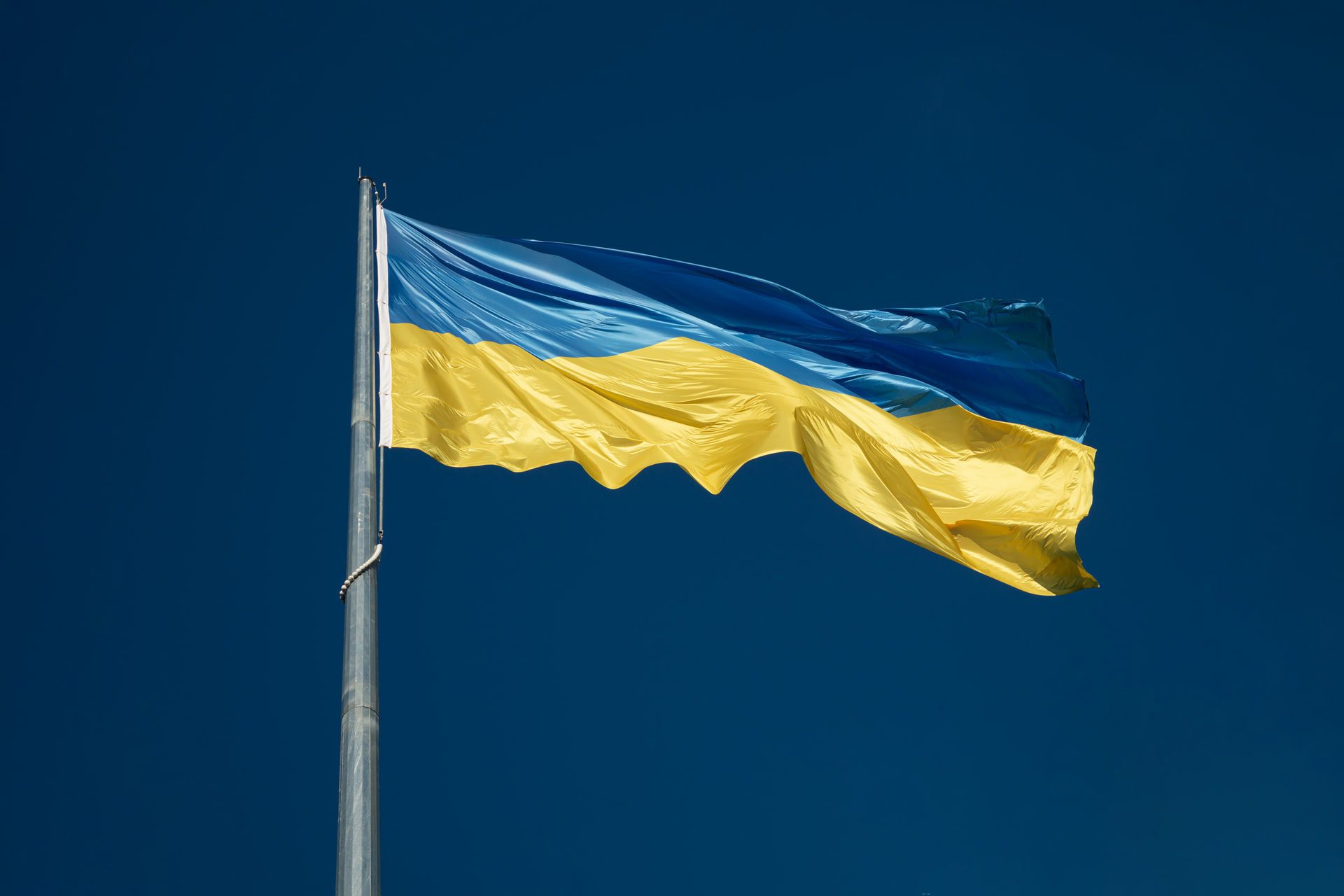
Watch out for this malicious new scam attempting to take advantage of the crisis in Ukraine.
Action Fraud is warning about a string of fake emails that claim to be raising funds for Ukrainian refugees.
According to the national fraud reporting centre, almost 200 reports of these fraudulent emails have been received.
Fraudsters are claiming to be raising funds for victims of the Russian invasion by asking for donations, selling charity t-shirts, or impersonating Wladimir Klitschko, brother of Kyiv mayor Vitali.
Offering advice to identify and defeat the scammers, Action Fraud suggests the following steps.
Never click on the links or attachments in suspicious emails or respond to unsolicited messages asking for personal or financial details – even if they are in the name of a charity.
To donate online, type in the address of the charity website rather than clicking on a link.
Be cautious when donating to an online fundraising page – fake ones are often poorly written or contain spelling mistakes.
An Action Fraud spokesperson said:
“The links in the emails lead to malicious websites that are designed to steal your money and personal information.
“When donating, check the charity’s name and registration number on the government’s website.
“Most charities with an annual income of £5,000 or more must be registered.”
The National Cyber Security Centre runs a service for reporting suspicious emails and called the Ukraine-related scam attempts “deplorable”, saying:
“People should be especially vigilant for any suspicious emails or texts that use topical events and report them to the NCSC.
“If found to be malicious, we will take appropriate action to remove these websites.”
Fraud related to the Ukraine crisis is unlikely to be restricted to online scams, so take care too when answering the door to a charity collector or engaging with them on the street.
Action Fraud advises asking to see the collector’s ID badge and checking their local authority issued street collection licence.
